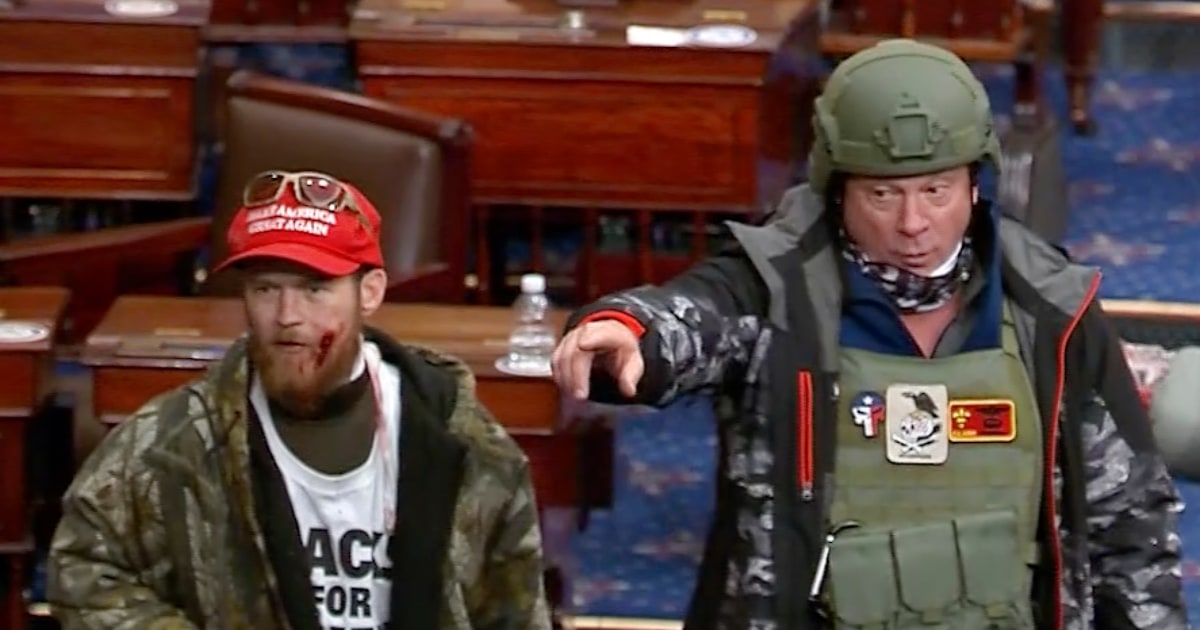Shortly before the general election, many voters are still unsure who they want to vote for.
Some therefore choose to choose tactically.
Berlin - Before the federal election, according to an Allensbach poll (FAZ), around 40 percent of Germans are still unsure who to vote for. Some at least know who they do not want to see in the government - and therefore try to vote tactically. With vote splitting, loan votes and the like, voters can try to tactically influence the election result. But in this jungle of possible coalition variants, it's not that easy.
(Election data, live ticker, background coverage - all information about the federal election 2021 can be found in our politics newsletter.)
Tactical voting describes voters who not only make decisions based on their political interests, but also try to prevent certain election results.
That doesn't always work either: Tactical voting often relies on survey results before the election, but they are not one hundred percent correct.
Tactical voters can be disappointed, especially when poll results are tight, because results often change after the election.
Vote splitting and loan vote in the federal election 2021: The decision for the lesser evil
Experts speak of vote splitting when voters use their first and second votes for different parties.
Some voters often choose the direct candidate of another party because they think they have a higher chance of winning than the candidates of other parties.
In Bavaria, for example, the direct candidates of the CSU receive the mandate more often than other parties.
When it comes to the second vote, too, many voters choose the “lesser evil” - especially if their preferred party has little chance of success.
They then lend their vote to other parties that they hope will overtake other parties or prevent a possible coalition.
Prevent Laschet, Baerbock or Scholz?
How can you choose tactically in the Bundestag election?
According to current polls for the federal election, Armin Laschet is in last place behind Olaf Scholz and Annalena Baerbock in terms of the popularity of the three candidates for chancellor from the Union, SPD and Greens. Anyone who opts for a tactical election against Laschet could choose the SPD or the Left: According to statements by Christian Lindner and Annalena Baerbock, the FDP and the Greens can certainly imagine a coalition with the Union - unlike the SPD.
However, if you try to prevent Olaf Scholz or Annalena Baerbock as Chancellor, it is a little more difficult: The Scholz opponents in particular only have the option of the Union, because in a coalition with all other parties the Social Democrats would presumably prevail.
With Annalena Baerbock, voters have the options of the Union or the SPD - because these parties would want to push through their own candidates in a coalition.
What can voters do with tactical voting?
According to the coalition statements of the parties and the latest survey results, six coalitions are currently possible - five of them with the participation of the SPD.
So anyone who wants to prevent a social democratic government could vote for the Union - Chancellor candidate Olaf Scholz wants to prevent such an alliance.
A coalition with the left seems not only to be the nightmare of the Union, but also of some voters - after all, the party only comes in at six percent in polls. Anyone who wants to prevent such an alliance with the left should therefore choose the three largest parties, the Union, the SPD or the Greens, in order to make two-party alliances more likely. A tick at the AfD, on the other hand, would make such two-party alliances less likely: Since all other parties are ruling out a coalition with the AfD, the left could be needed as the third party in the league.
Many voters are frustrated by the established parties - and therefore vote for “other” parties in order to give politicians a lesson.
With these small parties there is often the risk that they will not make it into the Bundestag - and that the politicians will not even notice the lesson.
The election of small parties is not entirely in vain: if it reaches 0.5 percent, the party receives money from the federal government for every additional vote.
This allows the parties to finance election campaigns and actions.
Before you even go to vote, you should decide on one of the small parties.
Bundestag election 2021: choose tactically to prevent overhang seats in the Bundestag?
Many voters also worry about the ever-growing Bundestag - after all, it also costs more and more money.
That is why some people try not to enlarge the parliament with their voting decision.
In order to really avoid overhang mandates, one would have to know how other voters vote.
Surplus mandates arise above all when a party wins many direct mandates but only a few second votes.
This also gives other parties compensation mandates that add to the Bundestag.
In order to prevent overhang seats, it would make sense to give the first and second votes to the same party.
However, voters should still primarily decide based on their political preferences.














